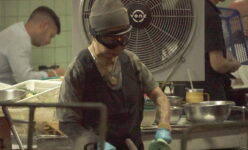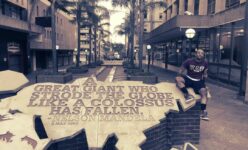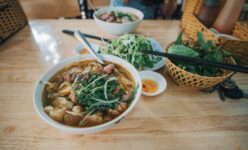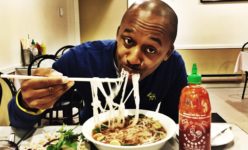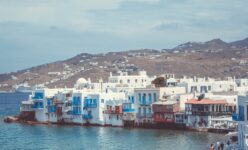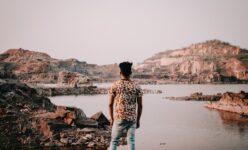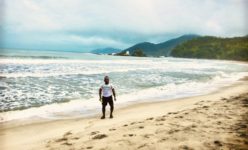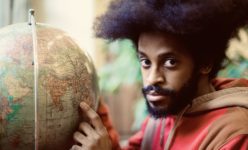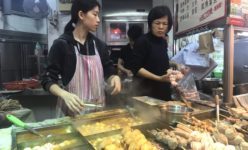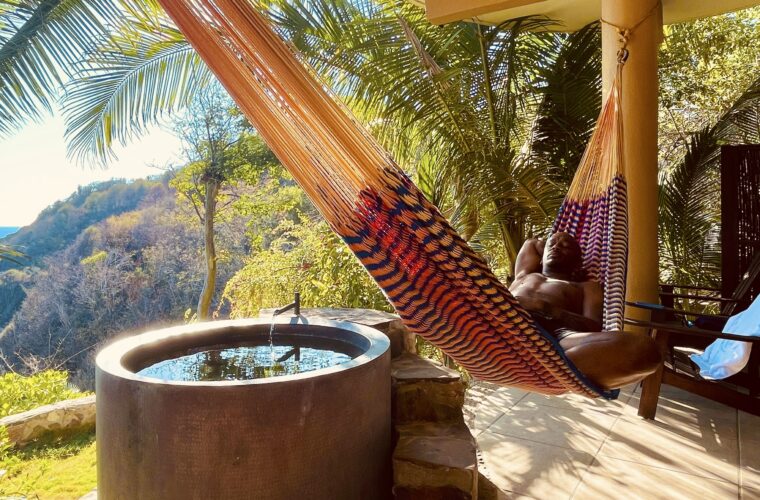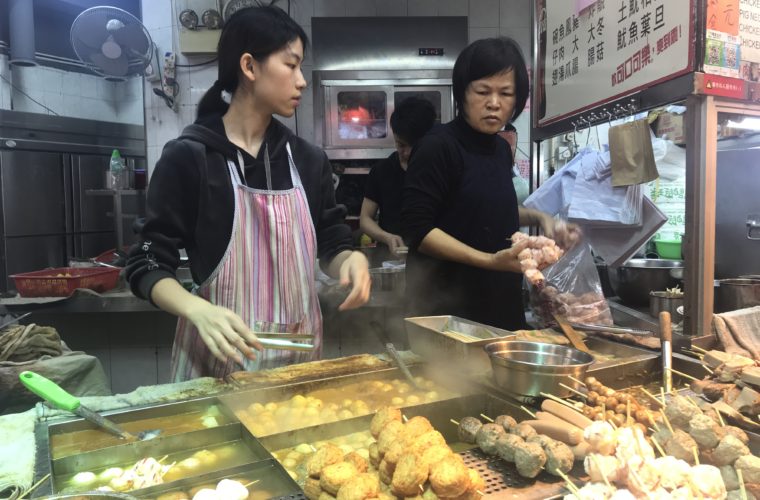
In a usually beautiful, but sometimes ugly country my chart reader told me I’d eventually end up in and find a great love, I found myself eyeballs deep in the nuances of life as an undocumented citizen. Surrounded by others who, like me, lacked the proper paperwork to validate our existence in this land, we were a community hiding in plain sight. Strangely, some of these fellow seekers, the ones who, like me, were there on tourist visas, chose to identify as expats, a term that carried a certain air of sophistication and privilege for them. However, I resisted the label, choosing instead to embrace the stark reality of my undocumented status.
The term “expat,” for those who truly were, seemed to bestow legitimacy, offering security through visas and permits. It became a shield, protecting them from the shadows that lurked, however far behind, over individuals like me – those deemed unfit for the privilege of legal residence.
My reasons for remaining undocumented were twofold. First, the visa process in this country, at least at the time, was a labyrinth meant for the wealthy or those with the right connections. Having moved there at the height of a scandal involving a family attempting to gain status through political corruption, I knew immediately it’d be even harder to gain legitimacy. A subtle interplay of power unfolded within the offices where decisions regarding who could stay longer than the 90 days were determined. For me, lacking the financial means and an insider’s touch, obtaining a visa became a distant concern fading in the background of my daily thoughts.
Second, I refused to be trapped in a job I despised merely to secure a visa like several of the Americans I met at backyard braais. They’d tell locals, “I was an artist back home,” but here they were teachers, too tired to do or make art when the school days ended. I didn’t want to compromise my passion. It genuinely felt like choosing the path of authenticity over conformity, risking the constant countdown of my allowed days in this land that became less foreign over the years I was there.
Yet, as the years passed, the most intriguing aspect of this clandestine existence remained the distinction between expats and undocumented citizens. The former reveled in their chosen label, basking in the perceived importance, need, and desire that came with it. For them, “expat” was a badge of honor, a reminder that they belonged, that they were welcomed.
Conversely, the term “undocumented citizen” carried a weight that some found burdensome. When uttered, it triggered a peculiar wave of reactions—an initial shrinking, a moment of vulnerability, followed by a determined reconstruction of confidence. To them, being undocumented meant being unwanted, a shadow lurking on the fringes of acceptance. It reminded some of the words they used back home when talking about those who entered America for what they hoped would be a better chance at life.
I’d come to learn that not all expats were expats. Some held on to that lie – some as long as 20 years – keeping at least one good eye on the calendar to avoid stepping foot over that 90-day mark; the date circled in bright red marker. They made visa runs like me, finding reasons to visit neighboring countries, and sometimes our hometowns just before day 90, then returning to reset the clock.
For me, however, the choice to identify as an undocumented citizen was deliberate and empowering. It was a reminder that I had arrived in this foreign land not for luxury or adventure but as a means of survival. I arrived – not for the first time, but for the long haul – November 9, 2016. The shadows of my past and the specter of a homeland that may have preferred my absence drove me to seek refuge here. Calling myself an undocumented citizen was not just a factual descriptor; it was a proclamation of resilience and determination.
I found solace in my chosen identity. While others who were like me and unable or unwilling to obtain a visa, clung to the illusions of privilege by calling themselves expats, I embraced the shadows, finding strength in the struggle for authenticity and survival. In this still hard, but softening place, my status as an undocumented citizen became a testament to an energy unbound by borders or labels, thriving in the shadows of a safe space not quite my own.
While the sun sets on the nuances of my undocumented journey in that place I no longer live, but still call home, I implore fellow seekers, expats, and undocumented citizens alike, to embrace the authenticity of our stories. Let us challenge the labels that seek to define us and celebrate the resilience that unites us. Together, let us dismantle the barriers that cast shadows over our dreams, advocating for a world where the beauty of diversity is not confined by borders.




